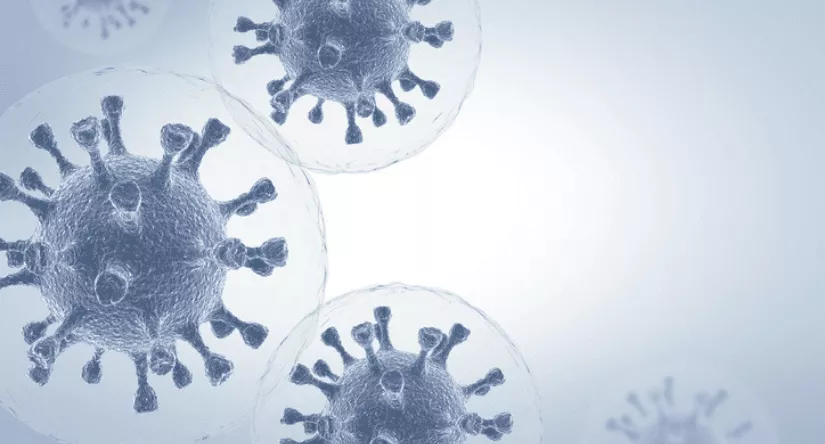
伦敦大学玛丽皇后学院研究人员对伊维菌素的贝叶斯荟萃分析表明其有效性
针对 COVID-19 最近,来自伦敦大学玛丽皇后学院的两名研究人员,
进行了一项评估伊维菌素的同行评审荟萃分析(Bryant 等人,2021 年)并得出结论:
这种抗寄生虫药是一种减少 COVID-19 死亡的廉价而有效的治疗方法。
重要的是,这些结论与后来的研究(Roman 等,2021)形成了鲜明对比。
尽管(Roman 等人,2021 年)将相同的经典统计方法应用于荟萃分析,
并基于(Bryant 等人)使用的相同试验数据的子集产生了类似的结果,
他们声称没有足够的证据来支持伊维菌素有效的结论。
The Queen Mary, University of London investigators apply a Bayesian approach, to a subset of the same trial data,
to test several causal hypotheses linking COVID-19 severity and ivermectin to mortality and produce an alternative analysis to the classical approach.
Applying diverse alternative analysis methods, which reach the same conclusions, should increase overall confidence in the result.
The authors demonstrate that
there is overwhelming evidence to support a causal link between ivermectin, COVID-19 severity and mortality,
and:
i) for severe COVID-19, there is a 90.7% probability the risk ratio favors ivermectin;
ii) for mild/moderate COVID-19, there is an 84.1% probability the risk ratio favors ivermectin.
Also,
from the Bayesian meta-analysis,
for patients with severe COVID-19,the mean probability of death without ivermectin treatment is 22.9%,
while with the application of ivermectin treatment, it is 11.7%.
The paper also highlights
the advantages of using Bayesian methods over classical statistical methods for meta-analysis.